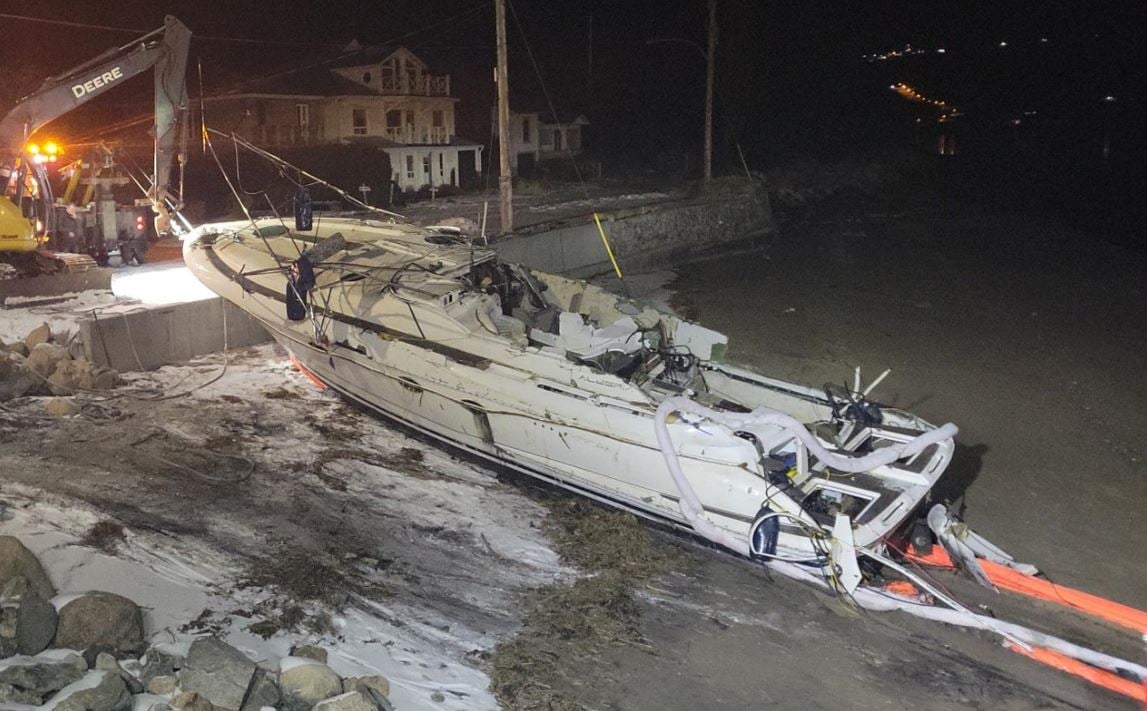'This is an opportunity for young workers to build skills that could lead to a rewarding career in workplace health and safety'

The Northwest Territories is looking to equip young people in the territory with the skills they need to become successful safety leaders in the future.
The territory’s Workers’ Safety and Compensation Commission (WSCC) is now accepting applications for a new Youth Safety Leadership Program.
This is an opportunity for 14- to 24-year-olds in the Northwest Territories to “develop as safety leaders within their communities and build skills that could lead to a rewarding career in workplace health and safety,” said Paulie Chinna, member of the Legislative Assembly of the Northwest Territories.
The program includes online learning modules that focus on safety training, peer collaboration and leadership skills. Participants will take part in volunteer projects in their home community, as well as work with safety leaders and mentors from local businesses.
“It is an excellent first step for anyone interested in exploring a career in safety or for those simply working to ensure a safer future for themselves in any industry,” said Chinna.
In 2021, WorkSafeBC accepted 7,125 claims related to work injuries from young workers. In April, B.C. identified construction, forestry, food processing, oil/gas and power and asbestos abatement, among others, as having hazardous work regulations for young people. The province also proposed a framework that outlines the types of jobs that could be defined as hazardous and unsuitable for young workers, and it wants to hear feedback from stakeholders.
Before April ended, Northwest Territories’ WSCC launched an online Young Worker Safety Certificate Course, which is designed to prepare new and young workers to safely enter the workforce.
In May, WSCC visited schools and employers across the Northwest Territories throughout the week to share the course. It also hosted industry-specific Zoom sessions for employers who frequently hire young workers.
“Workers under the age of 25 are often at a greater risk for workplace injuries. It is vital to make sure they have the basic knowledge they need to start their working lives safely,” said Debbie Molloy, WSCC president and CEO, said then.
Previously, the Saskatchewan government announced it is working with the Saskatchewan Safety Council (SSC) to include injury prevention and safety content in Saskatchewan curricula.
Most business or engineering schools do not offer courses – or offer very limited education – on health and safety. But safety is integral to both of these professions, and individuals will only really learn about occupational health and safety once they get into the workplace.
“These courses should be offered to everybody,” said Lee-Anne Lyon-Bartley, executive vice president for health, safety, environment and quality at Dexterra.





